The 10 Biggest Telecom News Stories Of 2021
From big ticket purchases and even bigger divestitures, to 5G going mainstream, here are 10 of the biggest telecom news stories that we were watching in 2021.

Returning To Growth
Companies all around world began to see a light at the end of the tunnel in the COVID-19 pandemic, which changed the working landscape for millions of employees on a permanent basis. The telecommunications industry was not spared from the effects of the pandemic. Carriers have had to change up their business strategies to reach customers in new ways.
It wasn’t easy. The first year of the pandemic saw decreasing telecom revenues as buyers grew more conservative with their spending and as employees left their enterprise campuses. The shift caused many service providers to re-evaluate their own portfolios to make sure they were prioritizing the services that customers were starting to ask for. Several leaders in the telecom arena, such as AT&T and Lumen Technologies, made big decisions around offloading parts of their business that no longer made sense or were not generating revenue. Others, like Comcast, saw an opportunity to purchase SDN specialist and channel favorite Masergy to make them more competitive, especially in the booming SD-WAN and UCaaS markets.
2021 saw some high price tags and surprising divestitures. It also saw telecom revenues climbing back up after taking a hit in 2020, and 5G becoming mainstream for the first time as 5g-capable devices hit the market.
Here are the 10 biggest telecom stories of 2021.

10. Telecom Earnings Recover From Pandemic
2021 saw revenues began to bounce back after a difficult and tumultuous 2020 for many corporations around the globe, and the telecoms were not exempt. Many of the country‘s largest service providers saw revenue declines across both their consumer and business segments as buying behaviors grew more conservative during the COVIC-19 pandemic.
Especially in the second half of the year, AT&T’s wireless, fiber and WarnerMedia strengths anchored the carrier. Competitor Verizon’s positive wireless performance during the same quarter -- Q3 2021 -- included climbing SMB revenues and 5G investments that the company said were paving the way for business growth that’s returning to “pre-pandemic levels.” Also during Q3 2021, Comcast announced its
Business services segment had not only “emerged from pandemic,” but was a key driver of the cable company‘s positive results.

9. WOW! Sells Off Markets To Atlantic Broadband for $1.13B
Cable and broadband provider WideOpenWest, Inc., which goes by WOW! In June entered into a definitive agreement with fellow U.S. cable operator Atlantic Broadband, a subsidiary of Cogeco Communications Inc., to sell off its Cleveland and Columbus markets in a transaction valued at
$1.125 billion.
The divested service area sales allows WOW! to reduce its debt and further pursue greenfield and commercial opportunities as part of its broadband-first strategy, according to Englewood, Colo.-based WOW!, the sixth largest cable operator in the U.S.
Eighth-largest cable operator Atlantic Broadband, for its part, kicked off a $82 million-dollar fiber expansion plan in December that will focus on cities and towns in New England and West Virginia to put the carrier in direction competition with other major broadband providers such as Comcast Communications, Frontier Communications and Consolidated Communications. Atlantic Broadband‘s footprint currently covers 12 states in the U.S.

8. Carriers Mandate COVID-19 Vaccines For Employees
Companies around the globe in 2021 began to think about how to safely bring some employees back into the office, especially as COVID-19 vaccines became available to adults. But despite vaccine availability, variants of the coronavirus began to surge, prompting many companies -- not just carriers -- to institute vaccine requirements for those returning to work.
Carrier giant AT&T was the first U.S.-based telco to establish a COVID-19 vaccine mandate for management employees entering a work location. AT&T announced its mandate in August for employees entering a work location. Bellevue, Washington-based T-Mobile announced a similar mandate for its employees.
Competitors Altice, Comcast, Cox Communications and Verizon in September and October followed suit, saying that the majority of its U.S. workforce must show proof of vaccination against COVID-19 under President Joe Biden‘s federal contractor executive order. For Verizon, the mandate required thousands of non-union U.S. employees to be fully vaccinated by Dec. 8, according to the Basking Ridge, N.J.-based carrier.
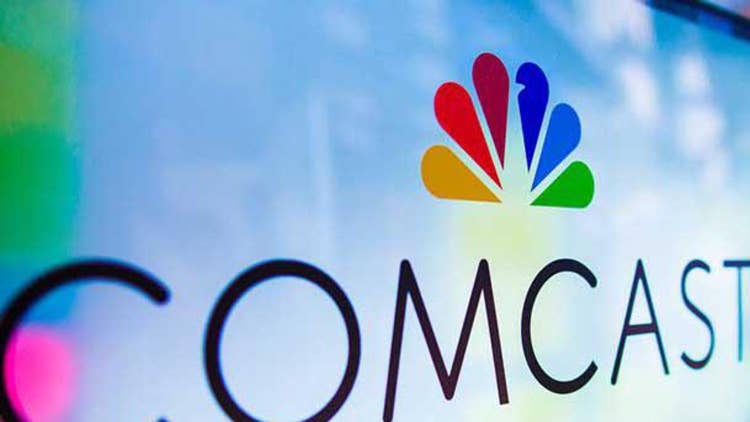
7. Comcast Buys SD-WAN Leader Masergy Communications
Comcast in August first revealed plans to nab Masergy Communications, a channel-first hybrid networking and software-defined networking specialist in a deal that gives the cable giant more software-defined networking muscle. The deal was closed in October.
Plano, Texas-based Masergy does about 80 percent of its business through partners. Together with Comcast, the company is coupling its SDN and SD-WAN, UCaaS and managed security technologies with Comcast Business’ robust fiber network. The deal is also helping the cable giant build up its cloud-based security and UCaaS repertoire.
The two companies did not announce financial terms of the deal. Comcast, a Fortune 50 telecom titan that pulled in revenue of more than $103 billion in 2020, has a balance sheet that can easily pump more resources into Masergy, which was acquired by private equity firm Berkshire Partners in 2016 for an undisclosed price.
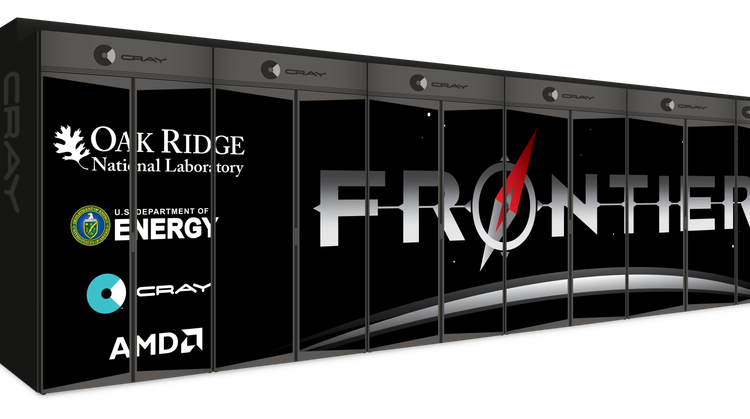
6. Frontier Resurfaces from Bankruptcy
Frontier Communications emerged from Chapter 11 bankruptcy in May with ambitious plans to “double” its fiber-to-the-premises footprint by extending fiber to an additional 3 million homes and businesses in the U.S.
The carrier said it would be adding approximately 495,000 additional locations in 2021 and the company planned for $1.5 billion in capital expenditures this year. Upon leaving bankruptcy, Frontier added some fresh faces to its team. Former Vodafone UK CEO Nick Jeffery became CEO in March following the announcement of his appointment in December 2020. The carrier also brought in Veronica Bloodworth from AT&T to be executive VP and chief network officer.
Norwalk, Conn.-based Frontier filed for Chapter 11 bankruptcy in the U.S. Bankruptcy Court for the Southern District of New York in April 2020. The embattled carrier at the time said the move would reduce its debt by more than $10 billion and provide “significant financial flexibility” to support continued investment in its long-term growth plans.
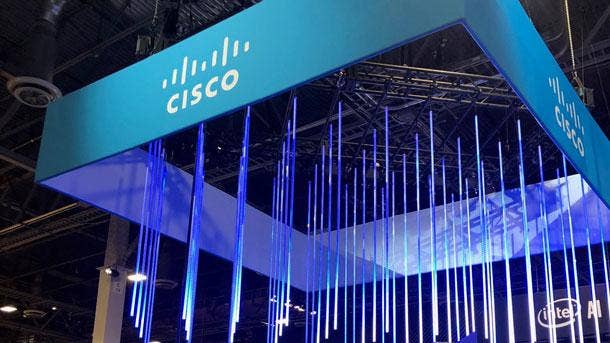
5. Cisco Closes Acacia Communications Deal for $4.5B
Cisco has been making strides in the telecom arena in the last two years after introducing its innovative “Internet of the Future” strategy. After an extensive back and forth -- for nearly two years -- the tech giant finally closed its acquisition of Acacia Communications, a supplier of its high-speed, optical interconnect technologies in March.
Cisco first announced plans to buy Acacia Communications for $70 per share in cash in a $2.6 billion deal on a fully diluted basis in July 2019. Acacia in January opted to end the agreement, saying Cisco failed to get approval from the Chinese government’s State Administration for Market Regulation before the termination deadline. Cisco then denied Acacia’s claim filed a lawsuit to enforce the deal, which had a price tag of $2.6 billion at the time. Later in January, the two companies agreed on new terms that would have Cisco agreeing to pay $115 per share for Acacia, well above its original purchase price of $70 per share. Cisco completed and closed the $4.5 billion deal in the Spring of 2021.
The deal reinforces’ Cisco‘s Internet of the Future commitment thanks to Acacia’s software, silicon, and optics, San Jose, Calif.-based Cisco said.

4. Ericsson To Buy Vonage For $6.2B
Swedish telecom equipment giant Ericsson in November announced that it entered into an agreement to acquire Vonage for $6.2 billion in an all-cash offer that will help the provide bulk up its cloud presence, according to Ericsson.
Communications specialist Vonage has been working to bring collaboration and voice solutions to students and remote employees of SMB and midsized organizations. The Vonage Business Communications platform offers file sharing, online meetings, videoconferencing, messaging, and SMS/MMS capabilities, as well as more than 50 calling features, such as virtual receptionist, mobile apps, desktop plugins, and visual voicemail. The Vonage Business Communications platform is responsible for about 80 percent of the company‘s revenues today, Vonage said.
Ericcson, meanwhile, has been spending the big bucks to boost its portfolio. The company in 2020 bought wireless edge networking specialist CradlePoint for $1.1 billion. The full-owned subsidiary operates under its existing brand and is part of Ericcson‘s Business Area Technologies and New Businesses unit.
The deal is expected to close in the first half of 2022.
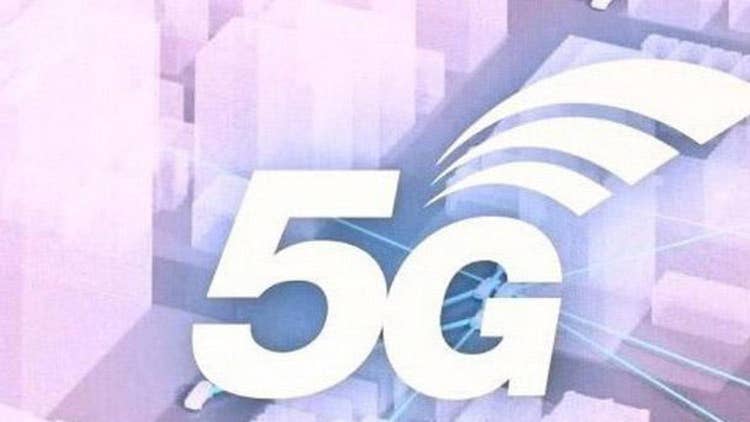
3. 5G Enters The Market In A Real Way
2021 was the year that moved 5G from buzzword and into the mainstream. The technologies‘ blazing-fast speeds and significantly lower latency technology was put into practice this year in a real way as the country’s largest carriers built out their 5G networks and extend service into new cities and regions. 5G-capable smartphones, laptops, and tablets also hit the market this year, giving consumers and business users the ability to experience 5G service for themselves for the first time.
The start of the year had Verizon pledging to aggressively grow its 5G footprint and “nearly double” the amount of Verizon 5G availability in the U.S. during 2021. Today, the Verizon 5G Ultra Wideband network is live in more than 71 major U.S. cities.
AT&T, for its part, said its low band 5G network reaches more than 250 million Americans in 14,000 U.S. cities and towns. Its 5G+ service, which uses millimeter-wave spectrum, is available in 38 cities.
Bellevue, Wash.-based T-Mobile said it considers itself “uniquely equipped” to deliver on the promise of 5G, because now that it’s combined with Sprint, it has the largest 5G network in the U.S. T-Mobile said in December that its 5G network is “nearly 2x the size of AT&T’s 5G network and 4x Verizon’s.”
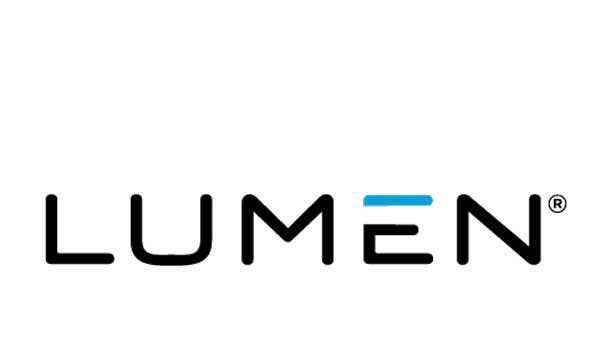
2. Lumen Technologies Announces $10B Divestiture Plan
Lumen Technologies, the company formerly known as CenturyLink, confirmed in August its plans to divest itself of two parts of its business as the carrier faces ongoing financial headwinds.
The Monroe, La.-based carrier is selling its incumbent local exchange carrier (ILEC) business, which includes its consumer, small business, wholesale and mostly copper-served enterprise customers and assets in 20 states to investment management firm Apollo Global Management in a $7.5 billion deal. Lumen will hold onto its ILEC assets in 16 states, as well as its national fiber routes and its competitive LEC networks. The two companies said the deal will close in the second half of 2022.
Lumen in July also revealed plans to divest its Latin American Business to investment firm Stonepeak for an additional $2.7 billion in another deal that the company said will help it return to revenue growth and leave room for Lumen to invest in strategic business services and fiber.
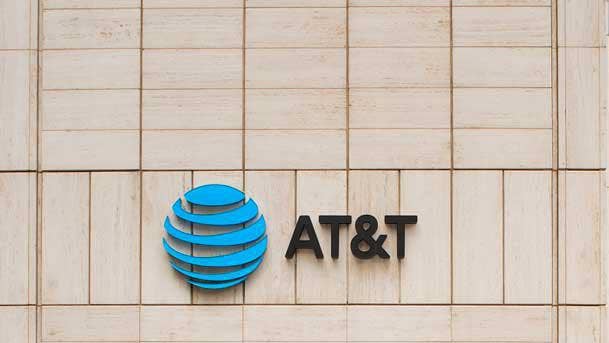
1. AT&T Sells WarnerMedia To Discovery for $43B
Carrier giant AT&T and television company Discovery Inc. came together in May with a definitive agreement for the carrier to spin off WarnerMedia and for its entertainment, sports and news assets to be combined with Discovery’s nonfiction and international entertainment and sports businesses. The new tie-up would create a standalone global entertainment company.
AT&T acquired its WarnerMedia business, which came from its blockbuster Time Warner buy, in 2018 for $85.4 billion. However, the company struggled to balance the needs of its core connectivity business with its plans for growing its content side of the house. As such, AT&T CEO John Stankey in May said AT&T believed it was “time to unleash the media assets” of WarnerMedia to Discovery. Via the terms of the deal, AT&T is receiving $43 billion in a combination of cash, debt securities, and WarnerMedia’s retention of certain debt, according to the companies.
The new deal between WarnerMedia and Discovery will form one of the largest global streaming players on the market. Discovery’s President and CEO David Zaslav will lead the newly formed company alongside executives from both companies, who are taking on leadership roles within the new company, AT&T and Discovery said. The companies expect the deal to close by mid-2022.